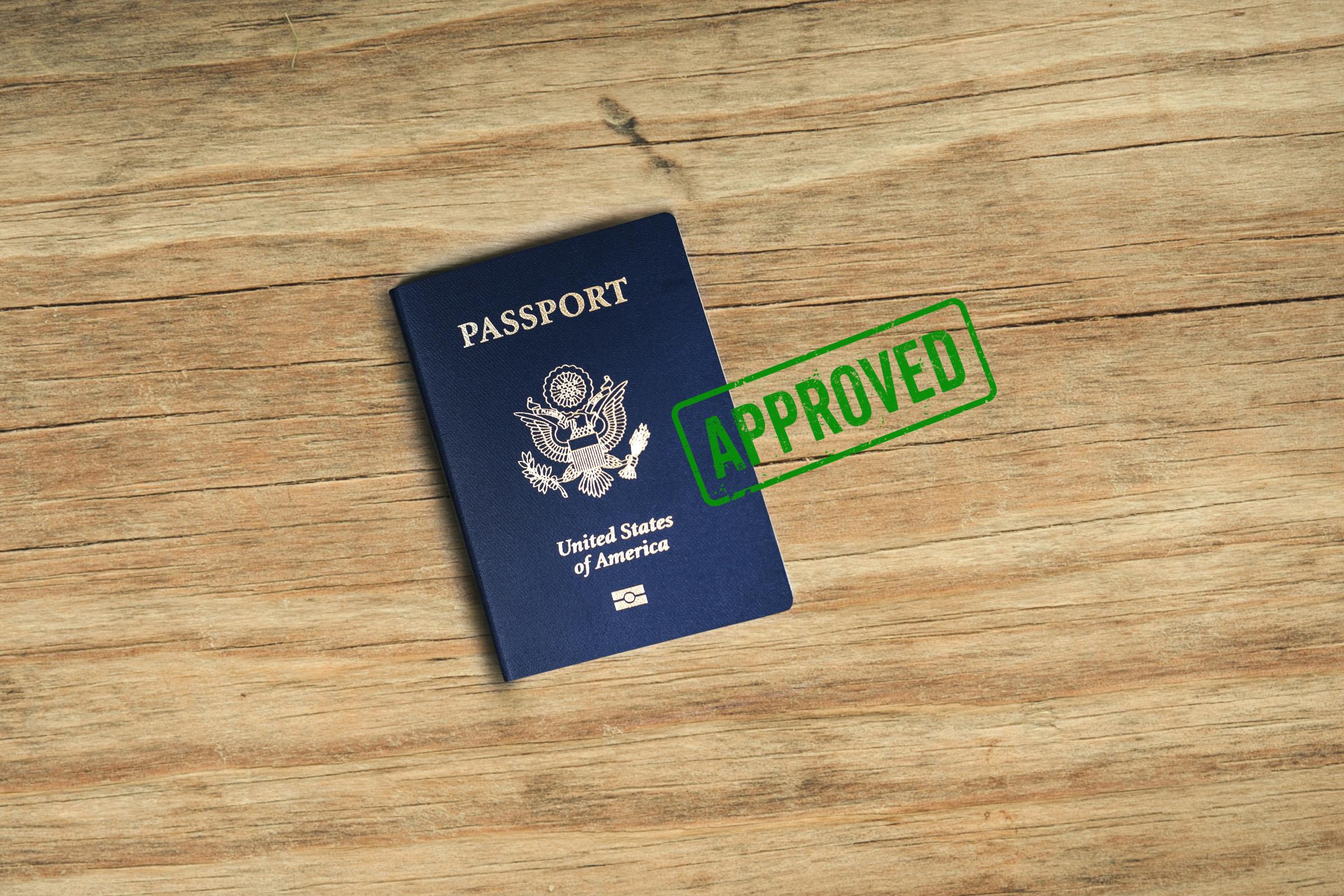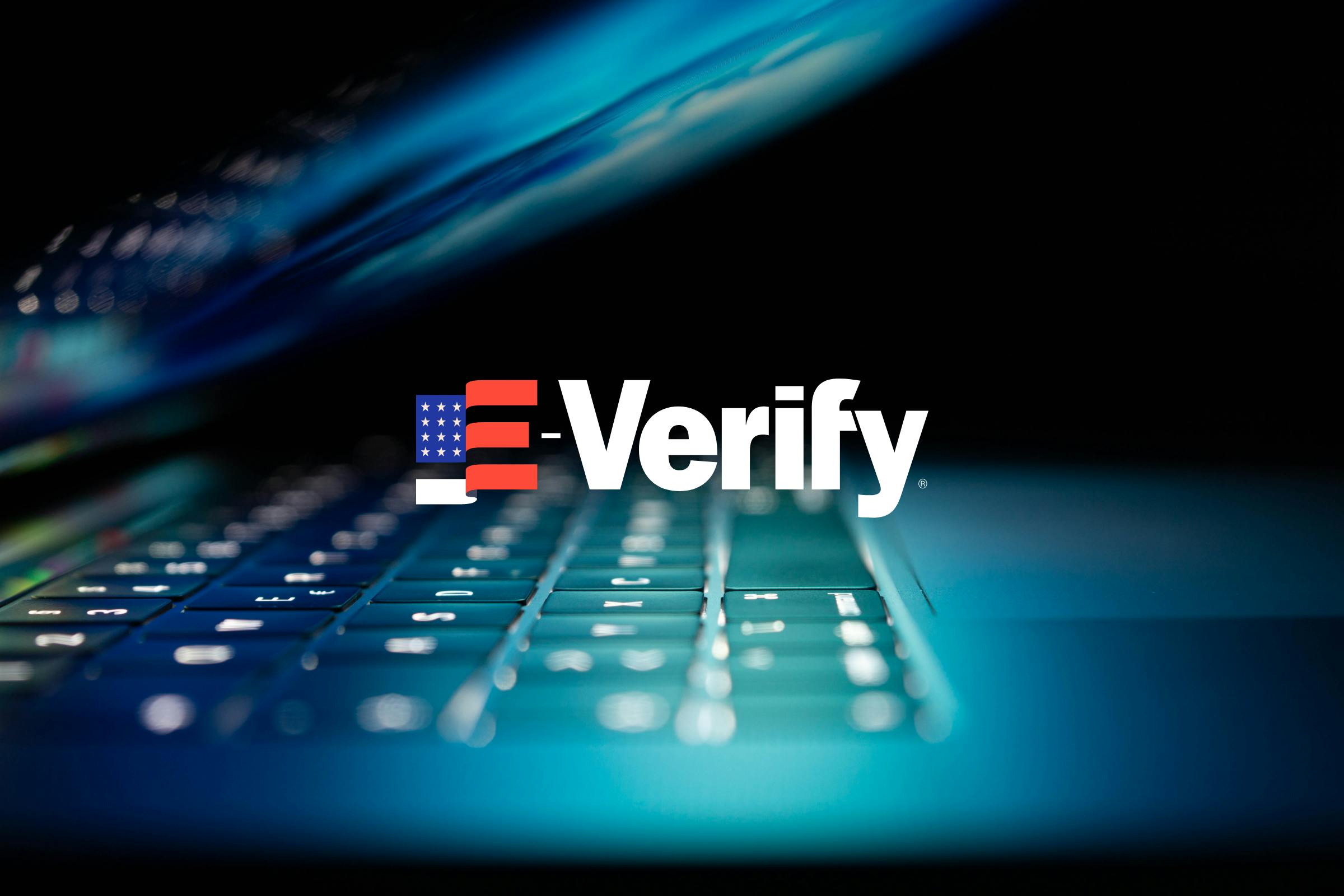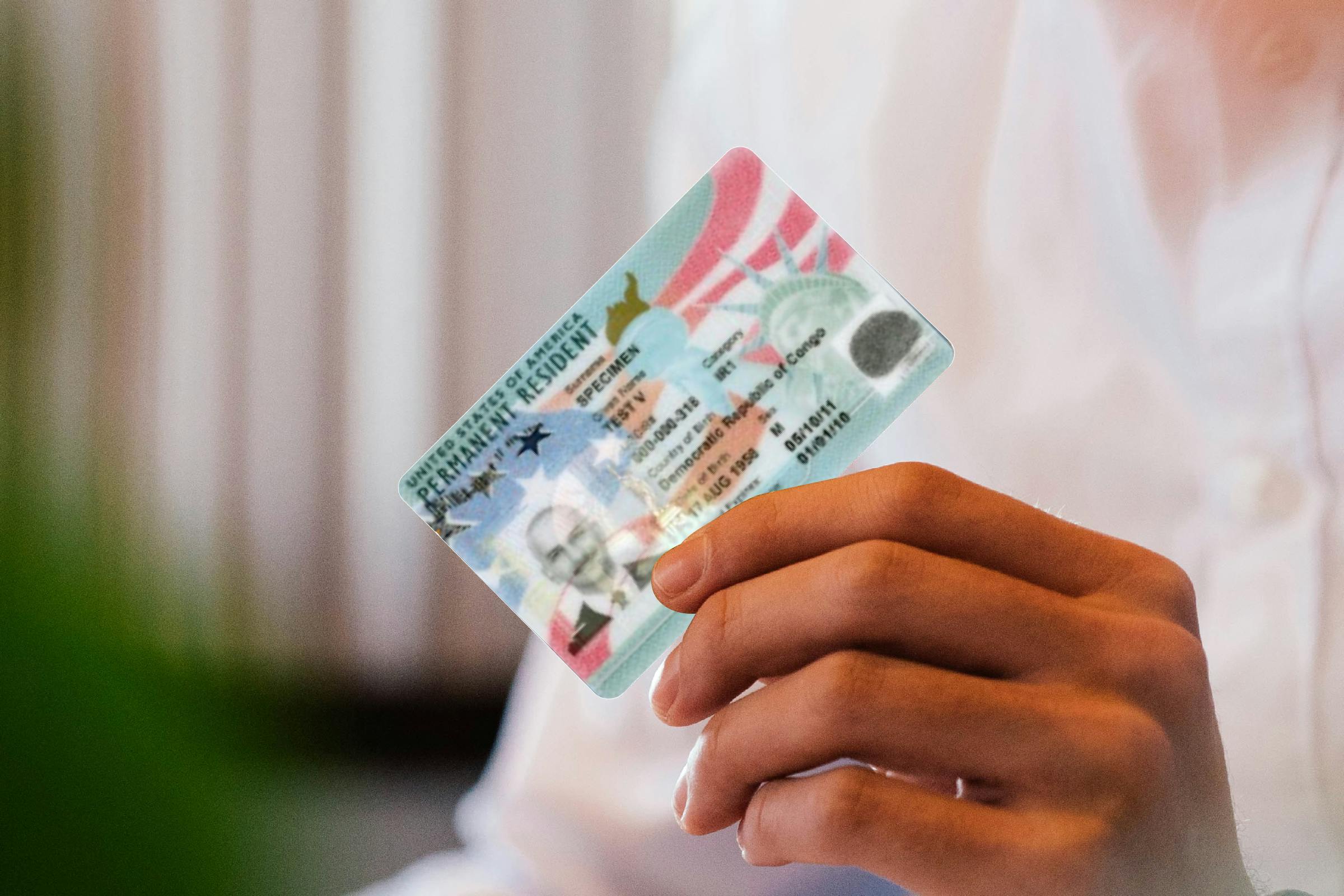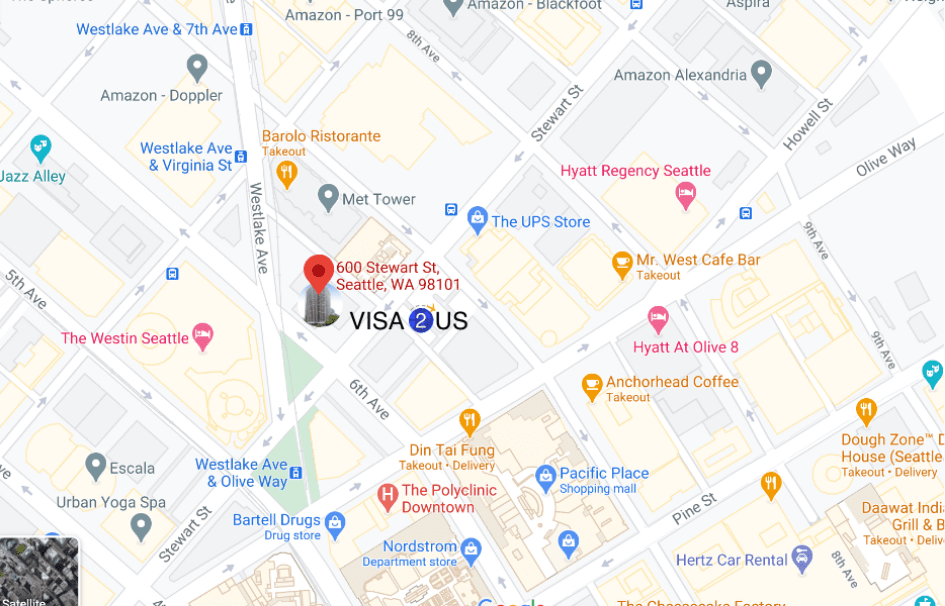Simply answer a few questions and start your application now.
Get Started chevron_rightVISA2US Blog
Our blog is a source of latest immigration news, policy updates and trends for thousands of readers every month.


How to Maintain Work Authorization While Awaiting NIW Approval
November 15, 2023
When you’re a foreign national living in the United States, you need permission from the government to obtain work legally. This is given via an EAD or an Employment Authorization Document. Work authorization is the proof an employer needs to hire you, but it isn’t always given to immigrants or foreign nationals. If you’re waiting for a National Interest Waiver or are on another path to a Green Card, and you already have work authorization, keeping it is a precarious thing. Here, we’ll delve into everything you need to know to get or maintain your EAD when you’re waiting for an NIW or Green Card.

In the Headlines: Understanding How the H-1B Visa, EB-2 Green Card Transfer, and Visa Bulletin Are Related
October 11, 2023
With the most recent Visa Bulletin released and the start of the new federal fiscal year in place, you’re seeing the terms H-1B Visa, EB-2 Green Card transfer, and Visa Bulletin everywhere in immigration headlines. What do these terms refer to, and how are they related? We’ll explain what you need to know here.

Using Compelling Circumstances to Get Your H-4 Dependents an EAD
August 8, 2023
There are many benefits to an H-1B visa, making it a highly sought-after document for foreign workers worldwide. One of these perks is the ability to bring your spouse and dependent children with you to the United States under an H-4 visa category. However, that label doesn’t give those individuals the immediate right to work, as you have. Instead, they must apply for an Employment Authorization Document (EAD), and there’s no guarantee that this application will be approved. You may need to use compelling circumstance arguments to get your H-4 dependents an EAD, and we’ll explain what those are in this short blog.

Things You Should Know After You Get H-1B Approval
July 27, 2023
Skilled individuals who live overseas but want to work in the United States for approved employers can apply for an H-1B visa. For various reasons, this document is highly sought-after by millions worldwide. Each year, only 85,000 registrants are allowed to apply for capped job positions, and getting to this point is challenging. But once you've cleared all the hurdles and have that coveted H-1B approval in your mailbox, you're not quite done yet. Here are some of the most critical pieces of info anyone with an H-1B approval should know before moving to the US.

Processing Times for H-1B Extensions Beyond 6 Years
June 22, 2023
The H-1B visa is one of the most sought-after work visas available. Although it’s challenging and costly to obtain this coveted document, that doesn’t stop millions of people from registering and petitioning for it. The advantages of having an H-1B visa are significant, ranging from family benefits to a green card path. It’s not surprising that once a beneficiary receives the visa, they don't want to give it up. However, the initial H-1B validity period is three years, with an optional three-year extension. What happens once you reach this six-year maximum? Well, if you know what you’re doing and work with an immigration expert, you may be able to extend your document beyond that period. Here, we will discuss the most essential things you need to know about an H-1B extension beyond six years and the processing time for this to happen.

Updates to the H-1B and L-1 Visa Reform Act of 2023
May 15, 2023
When it comes to choosing a work visa as a nonimmigrant, the H-1B and L-1 categories are at the top of the “preferred” list. But while both of these visas are beneficial to the holder and the United States economy, they have some drawbacks that keep them from being completely ideal. The gaps in the legislation allow companies to abuse and fraud the system. However, recent changes to the H-1B and L-1 Visa Reform Act seek to address those gaps and reduce the potential for abuse.

What You Need to Know About E-Verify as an H-1B Employer
April 28, 2023
If you're an H-1B employer, you already know that hiring foreign workers comes with a unique set of challenges. One of those challenges is navigating the complex world of immigration laws. With the recent changes to the H-1B visa program and increased scrutiny of immigration policies, understanding the ins and outs of the visa process is more important than ever. In this article, we'll walk you through everything you need to know about E-Verify as an H-1B employer, including how it works and the government’s plan to roll out E-Verify NextGen.

What to Know When You Have Dependents Under Your H-1B Visa
April 7, 2023
H-1B visas are in high demand for multiple reasons, but one of the main benefits is that spouses and children can travel with the H-1B beneficiary. Children must have birth certificates proving their relationship to the beneficiary, be under 21 years old, and remain unmarried to be considered dependent. Each individual is provided with a separate document showing their legal right to live in the US under an H-4 nonimmigrant status. The H-4 status lasts the same duration as the H-1B holder’s visa is valid, but it doesn’t provide the same benefits. When you have H-4 holders in your home, here are a few things you should know about the terms of their status.

The Redesigned Green Card and EAD
April 3, 2023
Immigration law is a serious business, and the US Citizenship and Immigration Services continually strives to increase its security measures. The latest change impacts the design of Permanent Resident Cards (Green Cards) and Employment Authorization Documents (EADs). The redesigned cards came out on January 30, 2023, and have been making waves since then. What do you need to know about these newly modified documents? We have the details here.

Proposed Fee Increases From USCIS and What They Mean for You
March 2, 2023
When an employer extends a job offer to a foreign worker, it’s never done lightly. This action comes at a cost — payable to the US Citizenship and Immigration Services (USCIS) and the Department of Labor. Yet, although those fees can seem hefty when you’re the one paying them, USCIS operates on a constant backlog due to high operating costs. The fees have stayed consistent since 2016, but in 2023, a proposed rule seeks to help reduce backlogs by increasing fees and allowing the department to streamline its processes.
Check Your Visa Eligibility

Contact Us
Email
Phone
888-666-3960Customer Service Phone Office Hours:
Monday ~ Friday
6:00 AM to 6:00 PM Pacific Time Zone
Address
600 Stewart Street Suite 400, Seattle, Washington 98101, USA (Plaza 600 Building)








